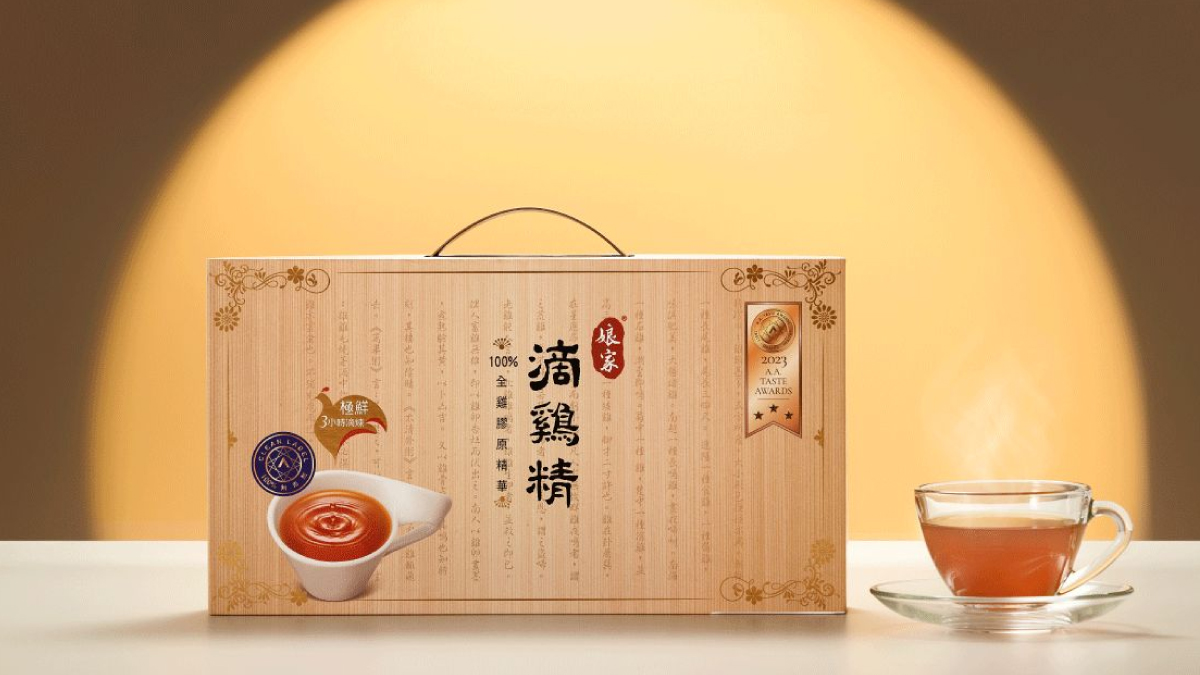How to Recover Quickly After the Flu in Malaysia: A Complete Guide to Regaining Strength

In Malaysia’s year-round hot and humid climate, flu outbreaks don’t follow the typical four-season pattern seen in temperate countries. However, spikes in flu cases are still common during monsoon seasons and school openings. Densely populated cities like Kuala Lumpur, Penang, and Johor Bahru make it easier for viruses to spread due to limited ventilation and high human contact.
Even after flu symptoms subside, many Malaysians face lingering fatigue, weak immunity, and poor appetite. This guide offers practical recovery advice tailored to local lifestyles, food options, and environment to help you get back on your feet faster.
Common Post-Flu Symptoms
A. Persistent Fatigue – Risk of Dehydration in a Tropical Climate
Malaysia’s heat and humidity make people sweat more, especially after illness. This leads to a loss of fluids and electrolytes, which can increase feelings of tiredness. The constant temperature shifts between air-conditioned rooms and the outdoor heat also take a toll on energy levels.
To combat this, it’s important to stay well-hydrated. Drink plenty of water or fluids with natural electrolytes such as coconut water or homemade rehydration drinks to restore balance.
B. Weakened Immunity – Urban Stress Makes It Worse
In Malaysia’s fast-paced urban environment, many people return to work too soon, putting stress on a body that’s still recovering. This increases the chances of a relapse or catching another infection.
Allow yourself extra rest days and ease back into your routine to help your immune system rebuild its strength.
C. Loss of Appetite – Local Spicy and Rich Foods May Be Hard to Digest
Malaysian cuisine, known for its bold flavors like curry and sambal, may not be ideal during recovery. Spicy and oily foods can upset a sensitive stomach. Instead, opt for lighter meals such as rice porridge, clear soups, and steamed vegetables to gradually regain your appetite.
Nutrition: Using Local Foods to Boost Recovery
A. High-Quality Protein – Chicken, Tofu, Soybeans
Protein is vital for repairing tissues and rebuilding immune defenses. Common Malaysian options include:
- Skinless chicken (e.g., from Hainanese chicken rice)
- Tofu (as soup or steamed)
- Soybeans (used in homecooked herbal soups)
These foods are easy to prepare, light on the stomach, and nutrient-rich—perfect for recovery.
B. Vitamin C-Rich Fruits – Guava, Papaya, Rambutan
Tropical fruits available in abundance in Malaysia are excellent sources of vitamin C.
- Guava (jambu batu) contains more vitamin C than oranges.
- Papaya (betik) supports digestion and immune health.
- Rambutan adds hydration and essential nutrients.
Include one or two servings of these fruits daily to speed up your recovery.
C. Herbal Drinks – Traditional Teas to Soothe and Detox
Hydration is key, but avoid sugary sodas or iced drinks. Instead, try:
- Barley water
- Chrysanthemum or licorice tea
- Warm ginger drinks
These drinks can ease throat irritation, help your body detox, and support internal balance.
Lifestyle Adjustments to Support a Faster Recovery
A. Adequate Sleep – Say No to Late Nights
Proper rest is essential for healing. In Malaysia, many people work night shifts in F&B, customer service, or manufacturing. During recovery, try to reset your sleep schedule—7 to 9 hours of uninterrupted sleep each night is ideal.
B. Light Exercise – Indoor Activities Recommended
Avoid heavy workouts or outdoor activities during peak heat. Instead:
- Do light stretching or yoga
- Take indoor walks
- Go out only during cooler hours (early morning or evening)
Gentle movement boosts blood circulation without exhausting your body.
C. Avoid Overworking – Return to Work Gradually
Don’t rush back into high-pressure environments. Talk to your employer about phased returns or flexible work arrangements if possible. Malaysia’s labor laws support medical leave—use it wisely for a full recovery.

What does your body need the most after the flu? Clean, pure, and easily absorbed nutrition.
【Niangjia Premium Essence of Chicken】— Crafted for your recovery.
Carefully selected premium chicken, brewed with zero added water. Slow-steamed for 10 hours under high pressure, sealed within 3 golden hours to lock in its natural nutrients and pure original flavor.
Zero fat, zero cholesterol, no preservatives, no artificial sweeteners, and no coloring — every drop is concentrated natural chicken essence.
After the flu, when your immunity is low and energy is depleted, one bottle of Niangjia Essence of Chicken a day helps replenish protein and energy quickly. Drink with peace of mind and recover faster — because true health starts from real nutrition.
Frequently Asked Questions (FAQs)
1. How long does it take to fully recover from the flu?
Most people recover in 7–10 days. However, fatigue and a weak immune system can linger for another week. Take extra time if needed.
2. Should I take supplements during recovery?
If your diet is well-balanced, you may not need supplements. But if you have poor appetite or low energy, consider taking vitamin C or B-complex, available in local pharmacies.
3. Can I drink coffee or Teh Tarik?
Limit caffeine and sugary drinks like Teh Tarik during recovery. Opt for warm barley water, ginger tea, or plain warm water instead.
4. What foods should I avoid while recovering?
Steer clear of:
- Spicy dishes (like sambal, curry)
- Fried foods (like banana fritters, fried chicken)
- Cold desserts (like ABC or ice cream)
5. How can I prevent getting the flu again?
- Get a yearly flu vaccination
- Wash your hands regularly
- Avoid crowded or poorly ventilated spaces, such as busy markets during peak hours
Conclusion
Recovering from the flu in Malaysia's hot and humid climate takes thoughtful care. Whether you're an elderly resident in Penang, an office worker in Kuala Lumpur, or a student in East Malaysia, the key to quick recovery lies in balancing rest, nutrition, and lifestyle.
By listening to your body and following practical advice rooted in local habits and resources, you'll be back to feeling strong, healthy, and full of energy in no time.

 Bahasa melayu
Bahasa melayu 中文
中文

























